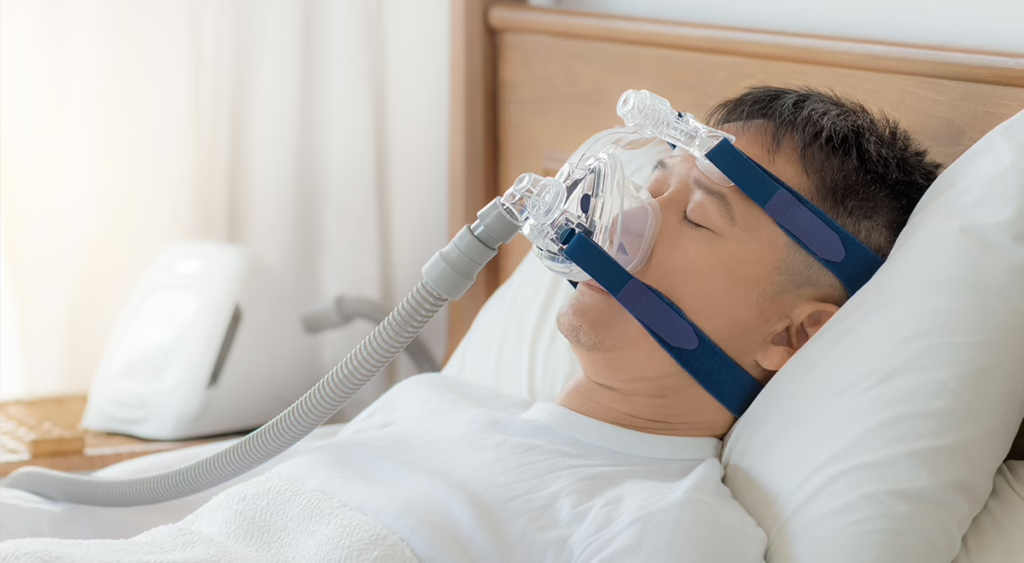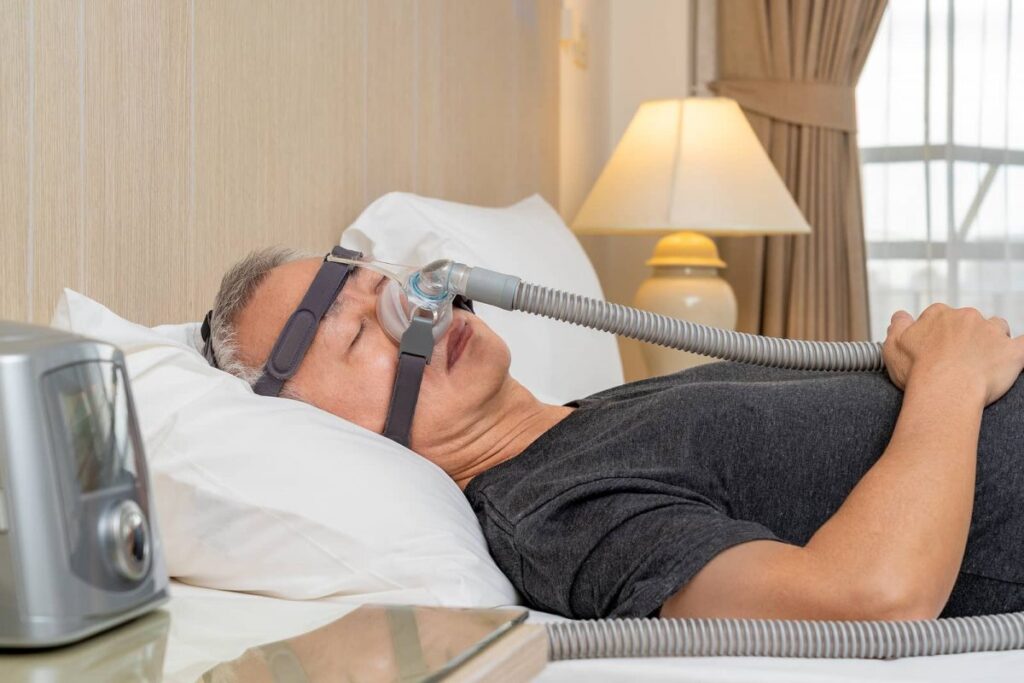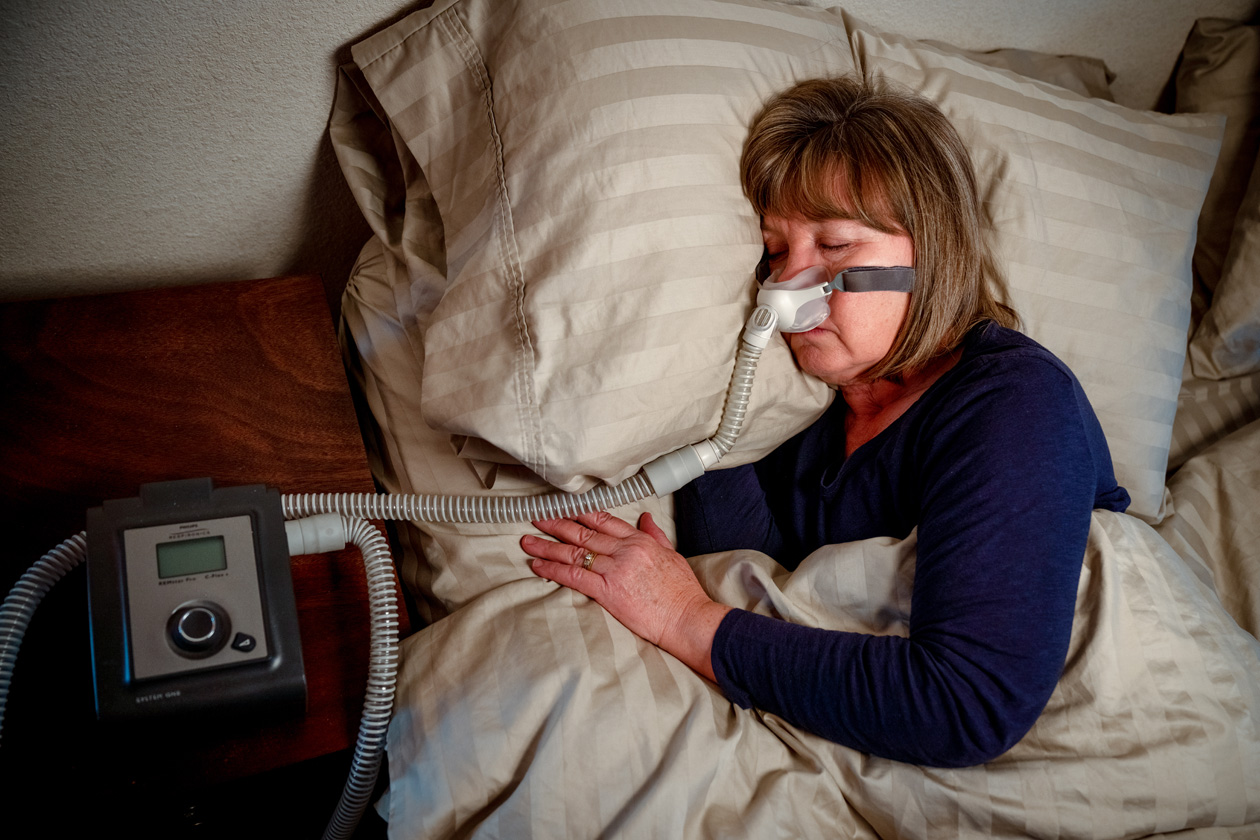Sleep apnea is a common sleep disorder that affects millions of Americans. It is characterized by pauses in breathing or shallow breathing during sleep, which can lead to poor sleep quality and various health issues. Medicare, the federal health insurance program primarily for individuals over 65, provides coverage for sleep apnea tests to ensure early detection and appropriate treatment. Understanding how Medicare covers these tests is essential for beneficiaries seeking to address their sleep apnea concerns.
Understanding Sleep Apnea
Sleep apnea is a potentially serious condition that can have a negative impact on an individual’s overall health. It is linked to an increased risk of heart disease, stroke, diabetes, and other chronic conditions. Sleep apnea can also lead to excessive daytime sleepiness, fatigue, and cognitive impairment, affecting both physical and mental well-being.
In conclusion, sleep apnea test medicare is crucial for beneficiaries seeking accurate diagnosis and appropriate treatment. By understanding the impact of sleep apnea on health, the role of Medicare in health coverage, the types of sleep apnea tests covered, and the process of obtaining a sleep apnea test through Medicare, beneficiaries can take the necessary steps to address their sleep concerns and improve their overall well-being.
It’s important to note that sleep apnea is a common sleep disorder that affects millions of people worldwide. There are three main types of sleep apnea: obstructive sleep apnea, central sleep apnea, and complex sleep apnea syndrome. Obstructive sleep apnea is the most prevalent type and occurs when the throat muscles relax, blocking the airway during sleep. Central sleep apnea, on the other hand, involves the brain failing to send the right signals to the muscles that control breathing. Complex sleep apnea syndrome is a combination of both obstructive and central sleep apnea.
The Impact of Sleep Apnea on Health
When left untreated, sleep apnea can significantly impact an individual’s health. Chronic sleep deprivation can interfere with the body’s ability to regulate hormones, leading to weight gain and metabolic disorders. Sleep apnea has also been associated with an increased risk of high blood pressure, heart attacks, and irregular heart rhythms.
Furthermore, untreated sleep apnea can have a detrimental effect on mental health as well. The constant interruptions in breathing during sleep can lead to poor sleep quality, resulting in irritability, mood swings, and difficulty concentrating. Over time, this can impact relationships, work performance, and overall quality of life.

Common Symptoms of Sleep Apnea
The symptoms of sleep apnea can vary but often include loud snoring, gasping or choking during sleep, morning headaches, dry mouth or sore throat upon waking, and excessive daytime sleepiness. If you experience any of these symptoms, it is crucial to consult with a healthcare professional for further evaluation and diagnosis.
It’s important to recognize that sleep apnea is a treatable condition. Treatment options may include lifestyle changes, such as weight loss and positional therapy, the use of continuous positive airway pressure (CPAP) devices, oral appliances, or in severe cases, surgery. Seeking timely intervention and management of sleep apnea can significantly improve quality of life and reduce the associated health risks.
The Role of Medicare in Health Coverage
Medicare is a comprehensive health insurance program that plays a vital role in providing coverage for a wide range of healthcare services for eligible individuals. It serves as a crucial safety net for many Americans, especially seniors and individuals with certain disabilities. Understanding the complexities of Medicare and its various parts is essential for beneficiaries to navigate the healthcare system effectively and access the care they need.
One key aspect of Medicare is its division into four parts: Part A, Part B, Part C, and Part D, each serving different purposes in the realm of healthcare coverage. Part A covers hospital stays, skilled nursing facilities, home health services, and hospice care, providing essential support for inpatient care needs. Part B encompasses doctor visits, outpatient services, preventive care, and durable medical equipment, focusing on outpatient and medically necessary services. Part C, also known as Medicare Advantage, offers beneficiaries an alternative way to receive Medicare benefits through private insurance plans, providing additional coverage options. Part D specifically addresses prescription drug coverage, ensuring that beneficiaries have access to necessary medications.
An Overview of Medicare
Medicare is a multifaceted program that aims to address the diverse healthcare needs of its beneficiaries. It is designed to provide comprehensive coverage for a wide range of medical services, from routine check-ups to specialized treatments. By offering different parts with specific coverage areas, Medicare ensures that individuals can access the care they need to maintain their health and well-being.
Understanding Medicare Coverage
When it comes to sleep apnea tests, Medicare coverage typically falls under Part B, which includes medically necessary services and supplies to diagnose and treat medical conditions. However, navigating the coverage criteria and restrictions can be challenging for beneficiaries. It is crucial for individuals seeking coverage for sleep apnea tests to familiarize themselves with Medicare’s guidelines and requirements to ensure that their tests are eligible for reimbursement. Find more about navigating at https://www.montclair.edu/navigate/
Medicare and Sleep Apnea Tests
Medicare covers various types of sleep apnea tests to evaluate and diagnose the condition accurately. These tests play a vital role in determining the appropriate treatment options for beneficiaries.
Diagnosing sleep apnea is crucial for managing the condition effectively and improving overall health outcomes. Medicare’s coverage of sleep apnea tests alleviates financial barriers that beneficiaries may face when seeking diagnosis and treatment.
To learn more about sleep test click here.
Types of Sleep Apnea Tests Covered by Medicare
Medicare covers both in-lab sleep studies and home sleep apnea tests, depending on the individual’s needs and circumstances. In-lab sleep studies require spending a night in a sleep center, where a sleep technician monitors various aspects of sleep. Home sleep apnea tests involve the use of portable monitoring devices that individuals can use in the comfort of their own homes.
Both in-lab and home sleep apnea tests provide valuable data on an individual’s sleep patterns, breathing abnormalities, and oxygen levels during sleep. This information is essential for healthcare providers to make an accurate diagnosis and tailor treatment plans to meet the specific needs of each patient.
Criteria for Medicare Coverage of Sleep Apnea Tests
To qualify for Medicare coverage, specific criteria must be met. Medicare typically requires a doctor’s order for the sleep apnea test and documented symptoms and medical conditions that support the need for testing. Additionally, beneficiaries must have Part B coverage and use a Medicare-approved facility or supplier for their sleep apnea test.
Meeting Medicare’s criteria for coverage ensures that beneficiaries receive high-quality care from qualified healthcare providers and facilities. By adhering to these guidelines, individuals can access the necessary sleep apnea tests without incurring significant out-of-pocket expenses, promoting early detection and management of the condition.
The Process of Getting a Sleep Apnea Test Through Medicare
Obtaining a sleep apnea test through Medicare involves several steps, from obtaining a doctor’s order to completing the test and interpreting the results.
When navigating the process of getting a sleep apnea test through Medicare, it is essential for beneficiaries to be aware of the specific requirements and procedures involved. Understanding the steps involved can help individuals prepare adequately and ensure a smooth experience from start to finish.
Steps to Take for Medicare Coverage
To ensure Medicare coverage for a sleep apnea test, beneficiaries should consult their healthcare provider and discuss their symptoms and concerns. If the healthcare provider determines a sleep apnea test is necessary, they will provide the necessary documentation and order the test from a Medicare-approved facility or supplier. Click here to read more about documentation.
Once the order for the sleep apnea test is in place, beneficiaries should verify that the chosen facility or supplier is enrolled in Medicare and accepts assignment. This step is crucial to avoid unexpected out-of-pocket costs and ensure seamless billing processes between the healthcare provider, Medicare, and the testing facility.

What to Expect During the Test
During an in-lab sleep study, individuals will spend a night in a sleep center, where a sleep technician will place various sensors on their body to monitor brain activity, eye movements, heart rate, and breathing patterns. Home sleep apnea tests involve wearing monitoring devices that record similar data overnight.
Throughout the sleep apnea test, it is important for individuals to try to relax and follow the instructions provided by the healthcare professionals conducting the study. Maintaining a typical bedtime routine as much as possible can help ensure that the data collected during the test is accurate and reflective of the individual’s typical sleep patterns.
After the Sleep Apnea Test: What’s Next?
Once the sleep apnea test is completed and the results are available, it is crucial to understand the findings and explore the available treatment options.
Interpreting the Results
The sleep apnea test results will provide valuable information about the frequency and severity of breathing interruptions during sleep. This data is essential for healthcare providers to make an accurate diagnosis and develop an appropriate treatment plan.
Upon receiving the results, it is important to review them with a healthcare provider who can explain the implications and recommend the next steps. Understanding the severity of the condition can help determine the urgency of treatment and the most effective interventions to improve sleep quality and overall health.
Treatment Options Covered by Medicare
Medicare covers a range of treatment options for sleep apnea, including continuous positive airway pressure (CPAP) therapy, oral appliances, and certain surgical procedures. These treatments aim to keep the airway open during sleep and improve breathing, reducing the symptoms and health risks associated with sleep apnea.
It is essential for individuals with sleep apnea to explore all available treatment options covered by Medicare to find the most suitable and effective approach for their specific needs. Working closely with healthcare providers and insurance representatives can help navigate the coverage details and ensure access to necessary treatments.

